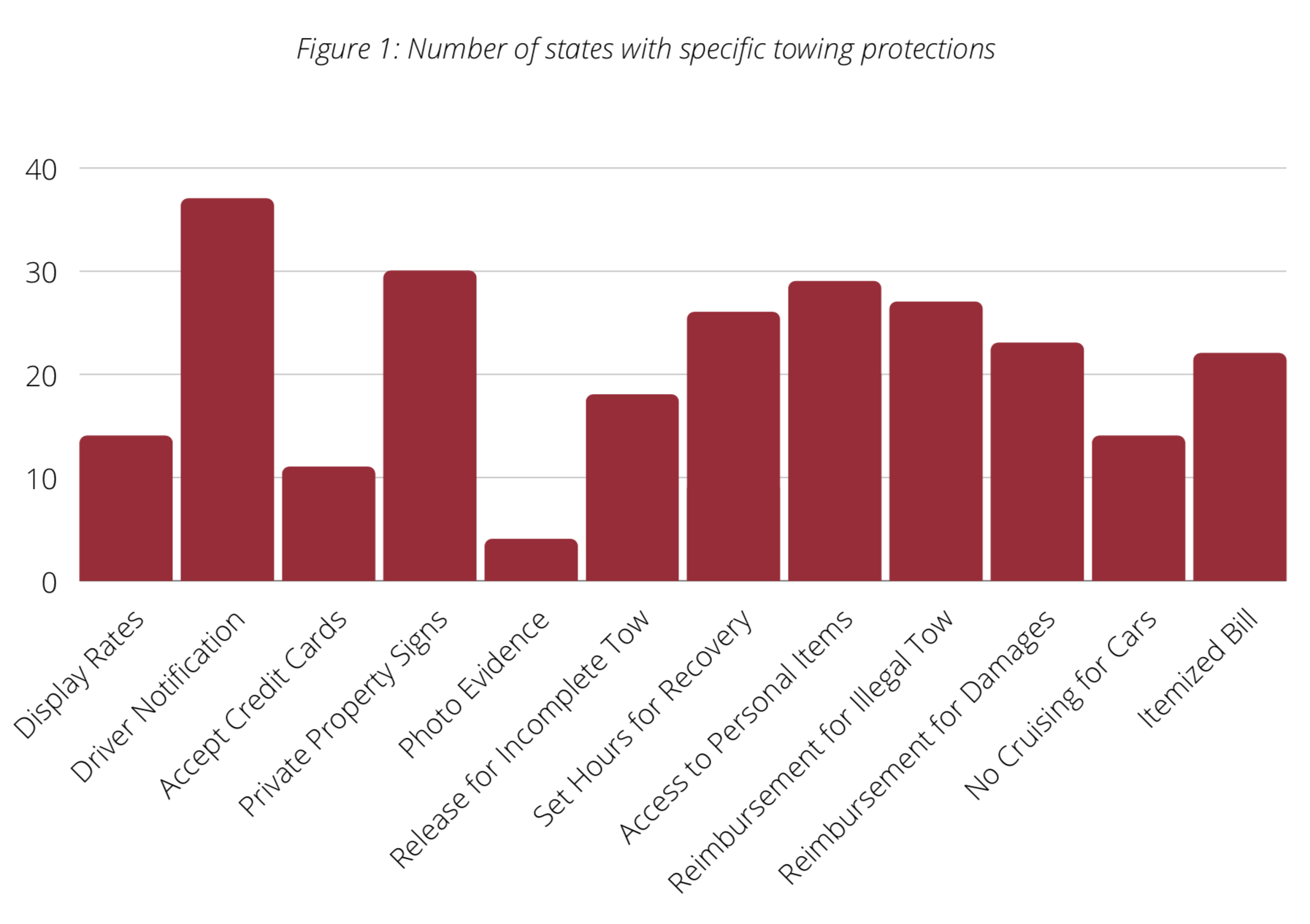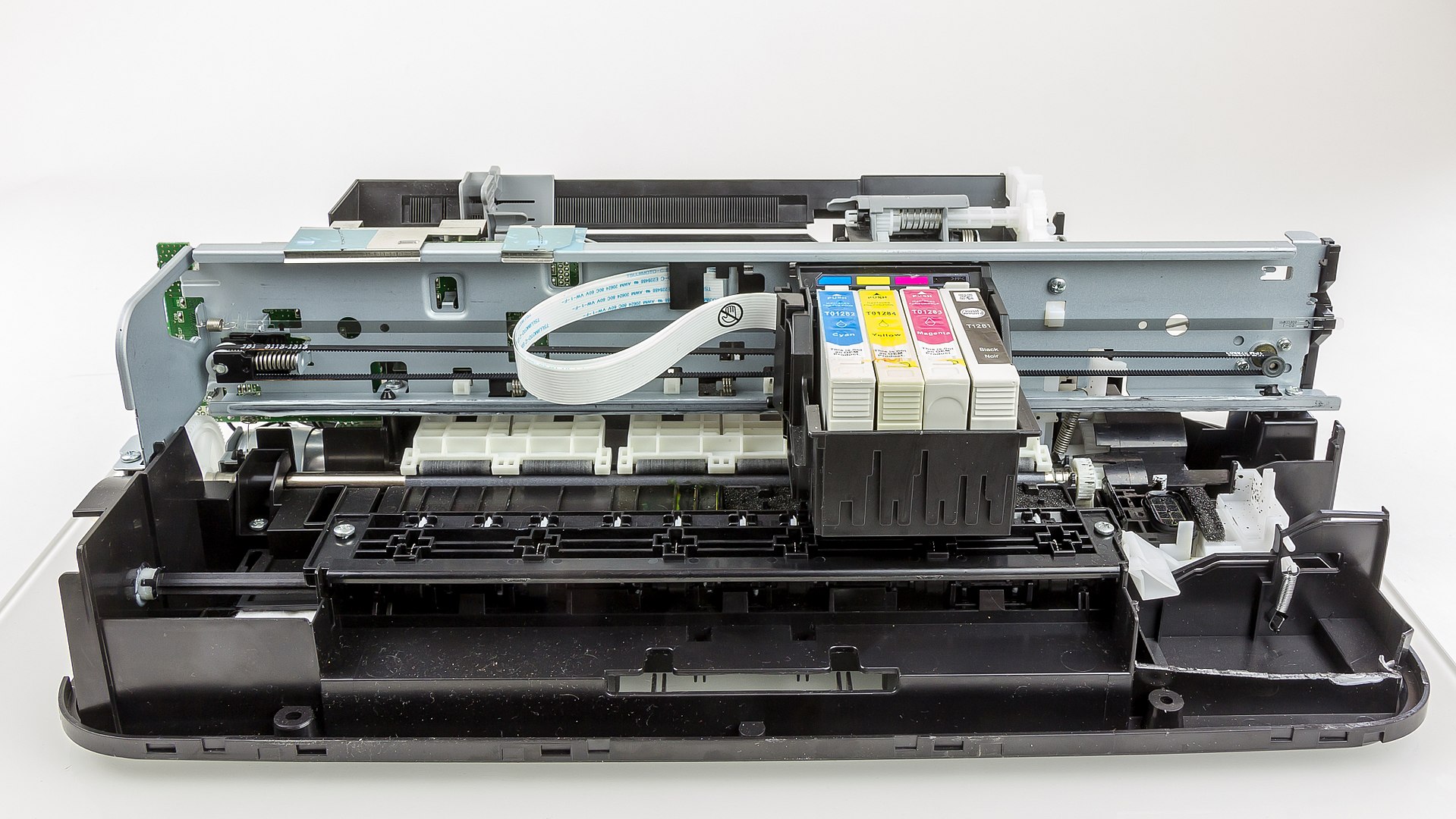
Getting Off The Hook Of A Predatory Tow
Every year, millions of Americans have their cars towed. In some cases, the vehicle was parked improperly, the driver tracks it down and pays the bill without incident. Other times, the vehicle owner may face an array of unfair circumstances. Predatory practices following an initial tow can range from charging exorbitant fees to refusing the owner access to personal items in their car during business hours.
14 Ways States Should Protect Consumers When Their Car Is Towed
Arizona PIRG Education Fund
Every year, millions of Americans have their cars towed. In some cases, the vehicle was parked improperly, the driver tracks it down and pays the bill without incident. Other times, the vehicle owner may face an array of unfair circumstances. Predatory practices following an initial tow can range from charging exorbitant fees to refusing the owner access to personal items in their car during business hours.
In still other cases, the driver’s vehicle wasn’t really parked improperly and was towed illegally. Under the best circumstances, getting towed is an ordeal, even when justified. For many drivers, however, the situation is compounded because consumer towing protections in most states are weak, nebulous or non-existent.
A 2018 survey from the Property Casualty Insurers Association of America identified excessive rates and fees as “the worst problem insurers and consumers face with towing companies,” followed by other predatory practices such as hurdles to retrieving a car or not giving drivers access to wallets, medication or other items in a locked storage yard.
Arizona PIRG Education Fund identified 14 common sense towing protections that should be available to consumers in every state, and researched which states offer those protections. These protections range from who is responsible for damages caused by careless towing, the maximum rates and fees owed when towed, to whether you are guaranteed the option to pay by credit card. You can find out which states offer which protections using the search-by-state tool on U.S. PIRG Education Fund’s site.
Towing laws aren’t something most of us pay attention to until a tow affects us or someone we know. We may see more of it this year. The $8 billion a year towing industry is expected to grow by 11 percent in 2021, after average annual growth of only 2 percent a year since 2016, according to IBISWorld, which conducts industry research on thousands of industries worldwide. That does include both consensual tows, after a break down or wreck, and nonconsensual tows, for allegedly parking or leaving your vehicle someplace you shouldn’t.
Our research points to two broad issues facing consumers: An alarmingly high number of states have no protections spelled out on issues such as whether a consumer is entitled to an itemized bill or reimbursement if their car is damaged. In addition, too many states have inadequate protections, or the laws on the books are vague or overwrought and inaccessible to the average consumer. It’s important to note that many municipalities have protections that are stronger than those offered by state law. Some cities have even adopted a “towing bill of rights” to address years of abusive practices. This shouldn’t be necessary; drivers in every city in a state should have the same, strong rights. This needs to change.
FIGURE 1.PNG

Only about half of states set any kind of maximum fees for towing or storage of vehicles towed without the driver’s consent. More than 30 states don’t require rates that do exist to be displayed or disclosed. A few states offer deeper protections, such as requiring a photo of the improperly parked vehicle before it’s towed or prohibiting tow trucks from patrolling streets or parking lots looking for cars to haul away.
-
Maximum Rates: Only 23 states have set maximum towing rates and 24 states have maximum storage fees for non-consensual tows.
-
Display Rates: Only 14 states clearly require that towing companies display their rates, either on “tow away” signs or at their storage facility.
-
Driver Notification: In 37 states, the towing company must notify the owner/ driver when their car has been towed and where it’s being stored.
-
Accept Credit Cards: Only 11 states clearly require towing companies to accept payment via credit card.
-
Private Property Signs: In 30 states, private property owners must display “tow-away” signs that are clearly visible from an area where a car may be towed.
-
Photo Evidence: Only four states require tow trucks to take a photograph of the car before moving it from its original location.
-
Release for Incomplete Tow: Tow drivers in 18 states must release your car at no charge or for a smaller “drop fee” if you return to your car before it has been completely removed from the property.
-
Set Hours for Recovery: Nine states allow you to retrieve your car from storage 24/7, as long as you give notice. Additionally, 17 states require storage facilities to have set business hours during which your car must be accessible for pickup.
-
Access to Personal Items: In 20 states, the towing storage facility must allow you to access all personal items from your towed vehicle. Nine states only allow the retrieval of emergency items, such as keys, a wallet or medication.
-
Reimbursement for Illegal Tow: If you can prove that your car was towed illegally, you are eligible for a reimbursement in 27 states. In 17 of those states, you are entitled to damages in addition to reimbursement.
-
Reimbursement for Damages: If your vehicle is damaged during the towing or storage process, the towing company must reimburse the owner for damages in 23 states.
-
No Cruising for Cars: In 14 states, towing companies are strictly not allowed to patrol or scan for illegally parked cars.
-
Itemized Bill: Towing companies must provide an itemized bill in 22 states, which gives consumers the opportunity to dispute any suspicious charges.
Topics
Find Out More


Medical Bills: Everything you need to know about your rights

How printers keep us hooked on expensive ink

